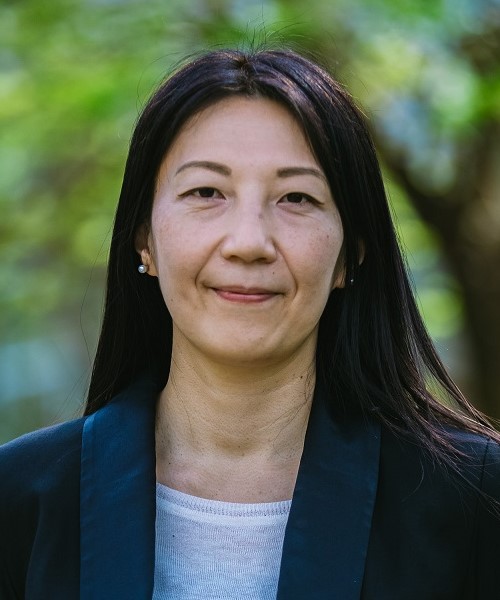The main objective of my research is to study the relationship between language and identity from a sociolinguistic perspective. In particular, I am interested in how linguistic diversity can be maintained in the context of language contact through multilingualism, language education, language democratisation and minority language transmission. In my doctoral research at Oxford University, I examined debates about the use of foreign words in the Japanese language. I am currently working on a KAKENHI-funded project to examine the role of clear language initiatives.
| 2024 | Project Lecturer, Centre for Global Education, University of Tokyo |
| 2023 – 2024 | Project Lecturer, Centre for the Development of Global Leadership Education, University of Tokyo |
| 2020 | Postdoctoral Fellow, Tokyo College |
| 2018 – 2020 | Teaching and Research Associate, University of Strasbourg |
| 2017 – 2018 | Max Weber Postdoctoral Fellow, European University Institute |
| 2016 – 2017 |
Invited Researcher, French Network for Asian Studies / Fondation France-Japon |
| 2015 – 2016 | Senior Research Associate, Balliol College, University of Oxford |
| 2015 | DPhil in Oriental Studies University of Oxford |
| 2006 | MSc in International Relations, London School of Economics and Political Science |
| 2005 | MA in Political Science, Columbia University |
| 2004 | BA in Policy Management, Keio University |
Loanwords and Japanese Identity: Inundating or Absorbed? (2023) Abingdon: Routledge.
“Langue et Identité”, People breton, 1 December 2022.
“From reality to discourse: analysis of the ‘refugee’ metaphor in the Japanese news media”, Journal of Multicultural Discourses, 16/3 (2021), 277-291. London: Taylor & Francis Group.
“L’écosystème des mots en danger ? Considération sur la mondialisation lexicale et l’identité linguistique”, in Plurilinguisme et tensions identitaires : discours, représentations et médiations, ed. Hodieb, Liliane (2021), 111-120. Saint Ouen: Les Éditions du Net.
“The New Wild: Thinking Linguistic Globalization through the Ecology of Species”, The Manifold Nature of Bilingual Education (2020), 72-86. Cambridge: Cambridge Scholars Publishing.
“The Notion of ‘West’ in Contemporary Japan: A Sociolinguistic Perspective”, in “Synergy Journal of the Department of Modern Languages and Business Communication,” 14/1 (2018), 46-58. Bucharest: Bucharest University of Economic Studies.
“Linguistic Interactions between the East and the West: The Continuity and Transformation of National Language and Identity in Japan”. “The Irish Journal of Asian Studies,” 3 (2018), 18-32. Cork: University College Cork.
“Calligraphy as a pedagogical tool for teaching the Japanese writing”. Entendre, chanter, voir et se mouvoir. Réflexion sur les supports utilisés dans la classe de langue, ed. Odile Racine (2018), 69-77. Paris: Edition des Archives Contemporaines.
“Commemorating Regional and National Identity: Discourse on ‘Asia’ in Contemporary Japan”. “The Irish Journal of Asian Studies” (peer reviewed), 2 (2016), 47-62. Cork: University College Cork.
“Language as Myth: Reinvented Belief in the Spirit of Language in Japan”. In “Myths in Crisis: The Crisis of Myth,” eds. Losada José Manuel and Lipscomb, Antonella (2015), 379-388. Cambridge: Cambridge Scholars Publishing.
“Nationalism and Linguistic Purism in Contemporary Japan: National Sentiment Expressed through Public Attitudes towards Foreignisms”. “Studies in Ethnicity and Nationalism” 15/1 (2015), 48-65. New York: John Wiley & Sons.







